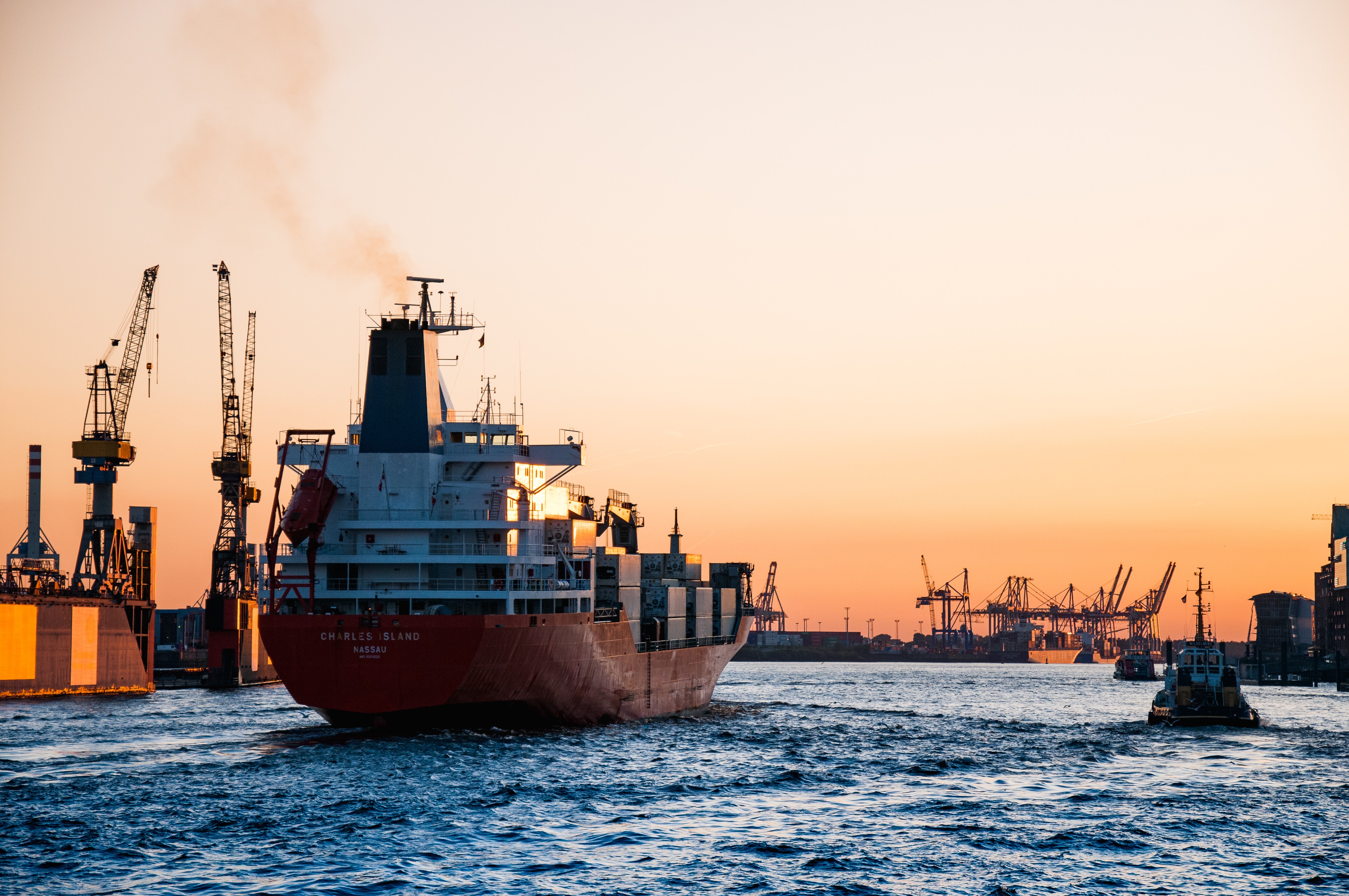Posted: 31 August 2022
The maritime sector and the ETS

Maritime transport plays an essential role in the European economy and is also an important and growing source of greenhouse gas emissions, accounting for about 3% of global emissions and 13% of emissions in the transport sector within the Union. On July 14, 2021, the European Commission, when launching the package of reforms called "Fit for 55" needed to achieve the European Green Deal, had first proposed adding shipping to the ETS, lobbying for a sector still untouched by substantial taxation on emissions produced to begin to become more sustainable.
The issue has recently returned to the discussions of the European Parliament, which voted on June 22 to approve the Commission's July 2021 proposal, stating that it would include the maritime sector in the Emissions Trading Scheme. As stated in the Parliament's statement, all ships over 400 gross tons, including ships serving offshore oil and gas installations, will have to cover 100% of emissions from intra-European routes from 2024 and 50% of emissions from extra-European routes to and from the EU from 2024 until the end of 2026. From 2027, emissions from all trips should be covered at 100%, with possible exemptions for non-EU countries, where coverage could be reduced to 50% under certain conditions.
MEPs call for the inclusion of emissions of greenhouse gases other than CO2, such as methane and nitrous oxides. 75% of the proceeds generated from the auctioning of maritime allowances should be allocated to an Ocean Fund needed to support the maritime sector's transition to greater energy efficiency and climate resilience. In the same statement, the Parliament said, among other things, that it would include municipal waste incineration in the ETS from 2026 and support the inclusion of commercial road transport and heating fuels in the ETS from 2029. Confirming that work is underway to expand the ETS to all highly polluting sectors in the coming years.
Shipping companies could receive a number of free allowances corresponding to greenhouse gas emissions saved through the consumption of alternative marine fuels such as LNG, until December 31, 2030, and only to the extent of 50%. They could also receive free allowances for an indefinite period and to the extent of 100% for the consumption of sustainable biofuels, biogas, and renewables. An important element of the Parliament's position is the application of the "polluter pays" principle, to avoid at all costs the leakage of emissions through, for example, the diversion of ships outside the scope of the ETS. Indeed, Parliament wants the entity responsible for decisions affecting CO2 emissions to pay, which could be the shipowner, commercial charterer, or operator of a ship. The European Community Shipowners' Association (ECSA) welcomed these provisions, especially the Parliament's willingness to create the Fund to finance the adoption of cleaner fuels and the industry's energy transition, according to ECSA Secretary General Sotiris Raptis.
The Parliament's decision was followed shortly after, on June 29, by the Council's communication reaffirming its willingness to include maritime transport emissions in the scope of the ETS. The Council argues that since member states that rely heavily on maritime transport will naturally be the most affected, it is recommended that 3.5% of the auctioned allowance cap be redistributed to these states. In addition, the Council's general approach takes into account geographic specificities and therefore proposes transitional measures for small islands, winter shipping and public service obligation trips. Following the adoption of the Council's position, so-called "trilogue dialogues" between the Commission, Council and Parliament now begin, with a view to reaching agreement on the final text by autumn, although it may take longer.
The introduction of the maritime sector into the ETS will be very significant in scope, and the regulations that will eventually be approved will strongly affect the sector, which will therefore have to prepare for a substantial, but necessary, adjustment to the new rules.